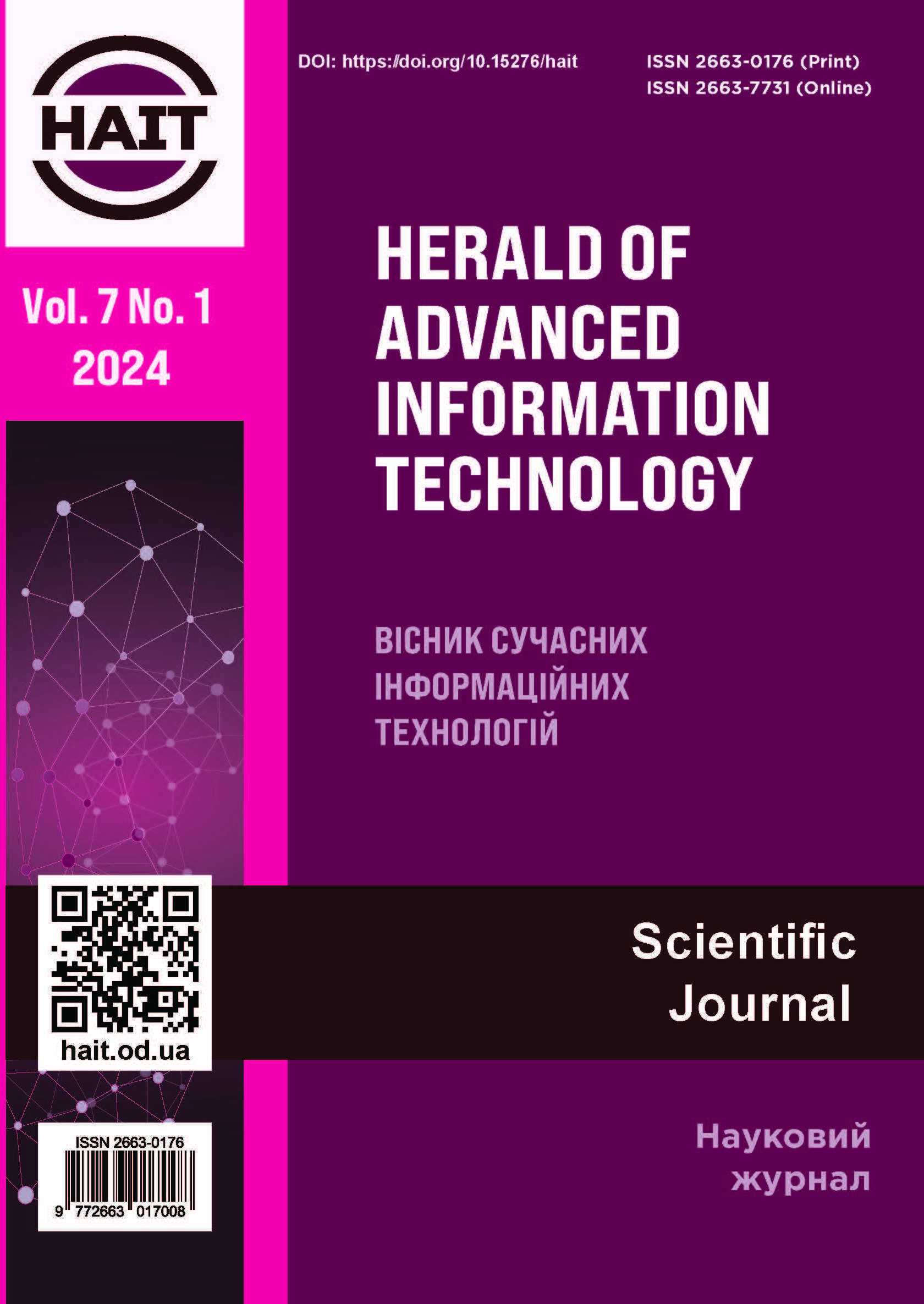Method of reliability control of thermoelectric systems to ensure thermal regimes
DOI:
https://doi.org/10.15276/hait.07.2024.5Keywords:
System of thermal modes provision, mathematical model, dynamic characteristics, reliability performance, controlAbstract
The paper presents the results of research of controllability of the thermoelectric system for ensuring thermal modes of electronic equipment, including a regulator, a cooler, and a component of excess heat removal to the environment. It is shown that for the use of methods of optimization of automatic control systems it is necessary to study the transfer and dynamic characteristics of the object - thermoelectric cooling device with one input and one output. The mathematical model of the thermoelectric cooler of the system of providing thermal modes of a given design is presented, which takes into account the influence of the conditions of interaction of the heat sink with the medium on the main significant parameters, reliability indicators, dynamic and energy characteristics of the single stage cooler. The model is created for the operating range of cooling, level of thermal load, geometry of thermocouple branches, different temperature of the medium, for the characteristic thermal regime of maximum cooling capacity. The results of calculations of the main significant parameters, reliability indicators, dynamic and energy characteristics of the cooler for different medium temperature in the operating temperature range and variation of conditions of heat exchange of the heat sink with the medium are given. It is shown that as the intensity of heat exchange of the heat sink with the medium increases, the temperature difference between the heat sink and the medium decreases. This makes it possible to significantly reduce the relative failure rate, increase the probability of failure-free operation of the thermoelectric cooler and control the reliability indicators of the device of a given design during operation.








